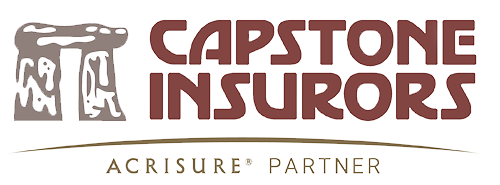When tax season arrives each year, employees everywhere are reminded of how much money is taken from their paychecks. Although some employees take advantage of group term life, tax-exempt HSAs or other benefits that are free of taxation, some do not. There are seven great tax-free benefits that help employers keep more money and also offer enticing deductibles.
1. Non-Cash Awards & Prizes
There are only a few non-cash prizes that the Internal Revenue Service does not require employees to include in their income. One type is achievement awards for employees. If they are part of what the IRS calls a meaningful presentation, these awards are not taxed. They must not be disguised as wages. Most awards or prizes transferred to charities are not taxed.
2. Frequent Flyer Miles
If employees must fly frequently for business purposes, they can earn tax-free miles when a personal credit card is used to pay for the flights. Employers must reimburse employees instead of paying directly for the flights. Frequent flyer benefits are excluded from compensation if they are used as rebates. This benefit does not work with other promotional offers that can be converted to cash.
3. Lodging & Meals
If any meals or accommodations are provided for the employer's convenience on workplace premises, the IRS allows employees to deduct these expenses from their wages. This is also true if the lodging and meals provided on the workplace premises are conditions of employment.
4. Commuter Benefits & Free Parking
Although pretax commuter benefits dropped, employees are still able to contribute considerable sums toward public transportation, qualified parking or both. Check with the IRS to see the current year's dollar allowances for each one.
5. Cellphones
If employers provide workers with cellphones or they offer reimbursement plans, the expenses may not be taxable. However, the IRS requires that no extensive record keeping must be necessary to separate business use and personal use. The devices must be clearly used primarily for business purposes.
6. Qualified Education Assistance
When employers pay for tuition or other educational expenses for employees, the costs can be excluded from the employees' wages. However, specific IRS requirements must be met. The classes do not have to be job-related courses, and they can be at graduate or undergraduate levels. Employers must also have written plans that do not offer alternatives. The IRS assesses a maximum dollar amount each year for employee tuition expenses, so it is important to find out what the current year's allowance is. Keep in mind that plans must not be discriminatory in regards to wages.
7. Dependent Care Assistance
The IRS allows employees to exclude a certain amount of money from wages for a dependent care program. However, the excluded amount cannot be more than than the lesser of the employee's earned income or a spouse's earned income. Check with the IRS to find out what the current year's maximum exclusion amount is.
